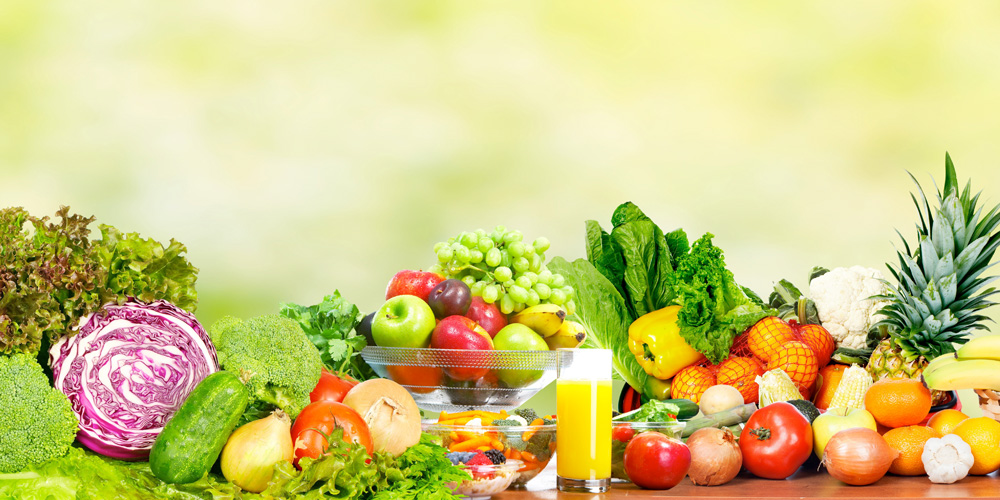
Achieving weight loss is a common goal for many, but choosing the right diet can often feel overwhelming. With so many options available, it’s important to understand the key features that define the best diet for weight loss. The right diet not only helps you shed pounds but also supports overall health, sustainable habits, and long-term success. In this article, we’ll explore the essential characteristics of a diet designed for effective weight loss and how you can implement these principles into your daily routine.
Calorie Deficit: The Core Principle
The foundation of any diet for weight loss is creating a calorie deficit, which means consuming fewer calories than your body needs to maintain its current weight. When you eat fewer calories than your body burns, it turns to stored fat for energy, leading to weight loss over time.The best diets ensure that the calorie intake is reduced in a safe and sustainable manner, typically around 500–750 calories less than your maintenance level. This rate of calorie reduction is slow enough to prevent the loss of muscle mass and to help your body adjust, reducing the likelihood of regaining weight after dieting.
Balanced Macronutrients
While cutting calories is essential, the macronutrient composition of your diet plays a critical role. The best diet for weight loss includes a balance of proteins, fats, and carbohydrates that supports fat loss while preserving muscle mass.
-
Protein:
Protein is vital for muscle repair and growth, especially when you’re in a calorie deficit. It helps you feel fuller for longer, reducing hunger and preventing overeating. Good sources include lean meats, poultry, fish, eggs, legumes, and plant-based options like tofu.
-
Healthy Fats:
Healthy fats, such as those found in avocados, nuts, seeds, and olive oil, are essential for hormonal balance and overall health. Fats also help increase satiety and should be included in moderation.
-
Carbohydrates:
Carbs should be chosen wisely, with a preference for complex carbs such as whole grains, vegetables, and fruits. These foods provide fiber, which slows digestion, helps regulate blood sugar levels, and supports digestive health.
Whole, Nutrient-Dense Foods
The best diets focus on nutrient-dense, whole foods that are packed with vitamins, minerals, and antioxidants. These foods help nourish your body and keep it functioning optimally while supporting weight loss.Whole foods such as vegetables, fruits, whole grains, lean proteins, and healthy fats are lower in calories and higher in essential nutrients compared to processed foods. They are also typically more filling, which makes it easier to stick to your calorie goals. Avoiding processed snacks, sugary beverages, and fast food is crucial for successful weight loss.
Sustainability and Flexibility
The best diet for weight loss is one that is sustainable in the long term. Diets that are too restrictive or overly rigid are difficult to maintain, which can lead to yo-yo dieting and eventual weight regain. A successful diet should be flexible enough to allow for occasional treats and adjustments to fit your lifestyle.The key is to find a way of eating that you can maintain without feeling deprived. This is where the concept of intuitive eating comes in, which encourages you to listen to your body’s hunger cues and focus on eating whole, unprocessed foods. This allows for a more balanced and enjoyable approach to weight loss.
Incorporation of Regular Physical Activity
While diet plays the primary role in weight loss, regular physical activity enhances the process. Exercise, especially strength training, helps preserve lean muscle mass while burning additional calories. Cardiovascular exercises like walking, running, or cycling also help increase the calorie deficit, speeding up fat loss.The best diet for weight loss is paired with a consistent exercise routine that fits your preferences and goals. Whether it’s daily walks, gym workouts, or yoga, staying active will help you reach your weight loss targets faster and maintain them long term.
Hydration
Proper hydration is often overlooked in weight loss plans, but it plays a significant role in controlling appetite and supporting overall health. Drinking enough water can reduce feelings of hunger, enhance your metabolism, and support digestion.Try to drink at least 8 cups of water daily, and increase your intake if you are physically active. Herbal teas and water-rich foods, such as fruits and vegetables, also help keep you hydrated.
Conclusion
The best diet for weight loss combines a calorie deficit with balanced macronutrients, whole foods, and a sustainable approach. It’s essential to choose a diet that supports your goals, is enjoyable, and fits into your lifestyle. Incorporating regular physical activity and staying hydrated can further enhance your weight loss journey. By focusing on nutrient-dense foods, being consistent, and making adjustments as needed, you can achieve lasting results.For personalized guidance on creating a diet for weight loss, visit Fitness Brother to explore more tips and resources to help you reach your fitness goals.
FAQs
What are the best foods for a weight loss diet?
The best foods for a diet for weight loss are nutrient-dense, whole foods that help keep you full while providing essential nutrients. These include lean proteins (chicken, fish, tofu), whole grains (quinoa, oats, brown rice), healthy fats (avocados, olive oil, nuts), and plenty of fruits and vegetables.
Is intermittent fasting effective for weight loss?
Intermittent fasting is a popular eating pattern that involves cycling between periods of eating and fasting. It can be effective for weight loss because it helps reduce calorie intake and may improve fat-burning processes. However, its effectiveness varies for individuals, and it’s important to consult a healthcare provider before starting any fasting regimen.
How long does it take to see results from a weight loss diet?
Weight loss results vary depending on your starting point, adherence to the diet, and individual factors like metabolism. On average, you may start seeing noticeable results within 4 to 6 weeks, but significant weight loss typically occurs over several months. Consistency and patience are key.